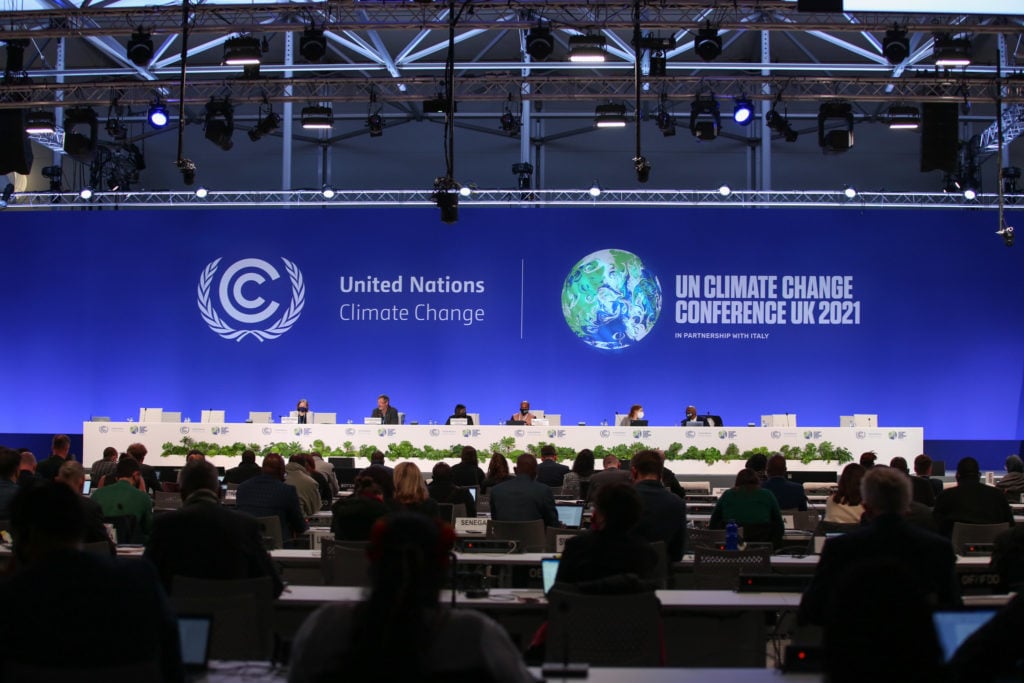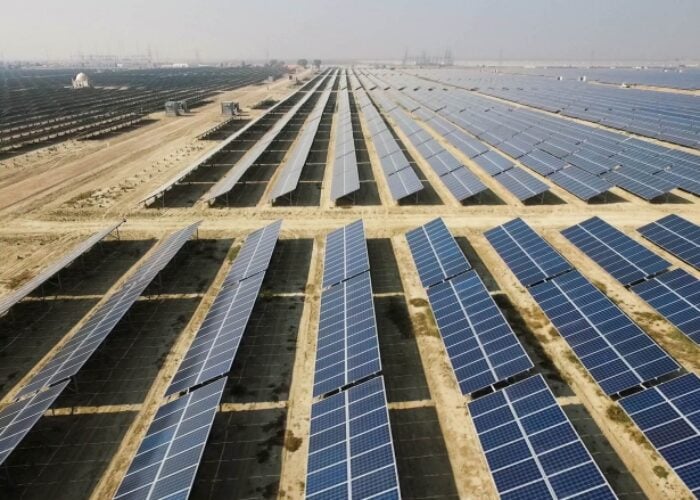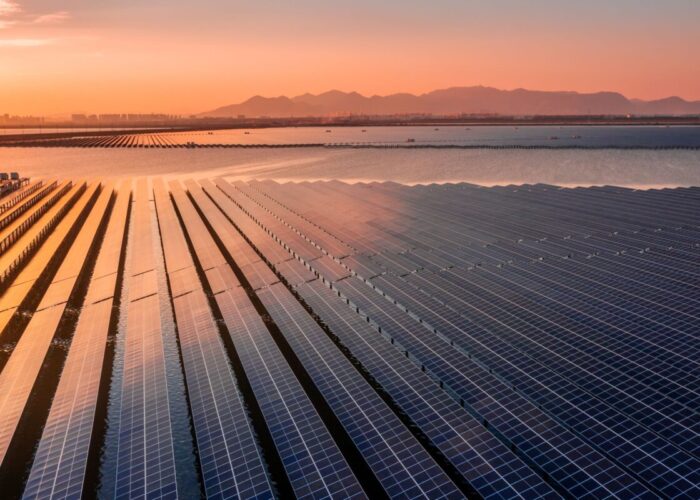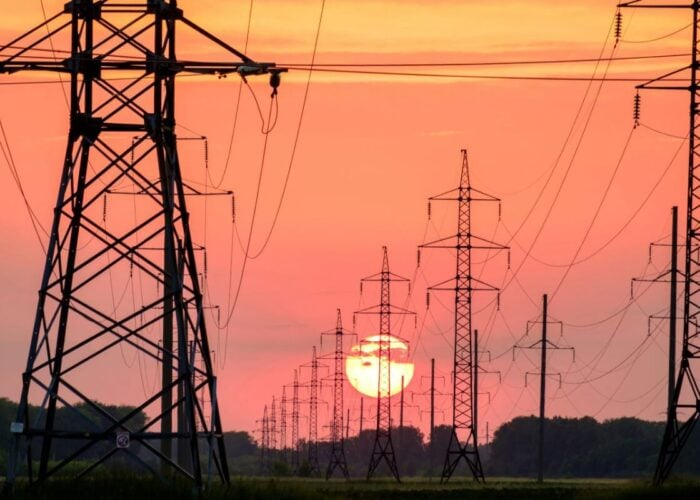
Negotiations at COP26 in Glasgow, Scotland have “kept 1.5 degrees alive”, with nearly 200 countries agreeing the Glasgow Climate Pact that finalised the outstanding elements of the 2015 Paris Agreement and called for an acceleration of the transition towards renewable energy.
But analysis from Climate Action Tracker showed that under current national plans, the world would be headed for 2.4 degrees Celsius of warming, which climate scientists have said would be disastrous.
Unlock unlimited access for 12 whole months of distinctive global analysis
Photovoltaics International is now included.
- Regular insight and analysis of the industry’s biggest developments
- In-depth interviews with the industry’s leading figures
- Unlimited digital access to the PV Tech Power journal catalogue
- Unlimited digital access to the Photovoltaics International journal catalogue
- Access to more than 1,000 technical papers
- Discounts on Solar Media’s portfolio of events, in-person and virtual
Ryan Wilson, a climate and energy policy analyst at Climate Action Tracker, said commitments made at COP26 had been underwhelming, inadequate and were not enough to effectively combat climate change. The level of ambition in countries’ NDCs were not good enough and more needs to be done to pressure climate laggards, he said.
While other analyses said pledges could result in under 2 degrees of warming, these place too much weight on net zero targets in the second half of this century, said Taryn Fransen, an international climate change policy expert at the World Research Institute (WRI).
That said, there were some key announcements made in Glasgow that are of crucial importance to the solar industry.
Namely, the draft text of the Glasgow Climate Pact called on all parties to “accelerate the development, deployment and dissemination of technologies, and the adoption of policies, to transition towards low-emission energy systems, including by rapidly scaling up the deployment of clean power generation and energy efficiency measures, including accelerating efforts towards the phase-out of unabated coal power and inefficient fossil fuel subsidies, recognizing the need for support towards a just transition.”
Here, solar will play a massive role as the cheapest form of power generation in most parts of the world, helping to decarbonise economies and societies.
“At COP26, we’ve seen exciting momentum with promises to finance investments in solar and US participation in the International Solar Alliance (ISA),” a Solar Energy Industries Association (SEIA) spokesperson told PV Tech.
The conference also saw a new solar trade body formed, with the Global Solar Council (GSC) and the Global Wind Energy Council (GWEC) forming the Global Renewable Energy Alliance (GREA) to push governments to implement more ambitious energy transition action plans.
GREA pointed to the fact that under pathways published by the International Energy Agency (IEA) and the International Renewable Energy Agency (IRENA) earlier this year, wind and solar are set to make up 70% of global electricity generation by 2050.
“Many eyes are focused on net zero by 2050 but we need to close the gap on our decarbonisation pathway to 2030 if we want to keep the 1.5-degree target in sight, and 2030 is literally just around the corner,” said Gianni Chianetta, CEO of GSC.
The summit, which technically ended on Friday although negotiations went well into the weekend, was marred by disorganisation, claims of fossil fuel corporate lobbying, allegations of subterfuge and obstruction towards some countries and a watering down of language at the last minute in relation to coal power.
“The last-minute intervention by India and China to water down the language on coal [has] been pivotal to the event’s shortcomings,” said Molly Scott Cato, former Green MEP and professor of Economics at the University of Roehampton.
Friends of the Earth (FotE) called such watering down of ambitions “a scandal” and that the outcome of COP26 “leaves developed countries free to keep polluting whilst giving the green light for massive land grabs for offsets in developing countries.”
In a highly critical statement, Sara Shaw, climate justice and energy programme co-coordinator at FotE said, “COP26 will be remembered as a betrayal of global South countries” and criticised the progress made on carbon markets – which she called a “free pass for rich countries reluctant to cut emissions” – compared to phasing out coal.
Finally, the lack of ambition was such that countries agreed to revisit commitments at the next COP in Egypt next year. This concession was only reached after it was clear that the agreements made in Glasgow did not sufficiently build on existing commitments or were enough to limit the world to 1.5 degrees of warming.
Wilson said that while the option to revisit commitments is welcome, the world cannot afford to waste a year in this crucial decade and thus a stronger agreement in Glasgow was needed.







